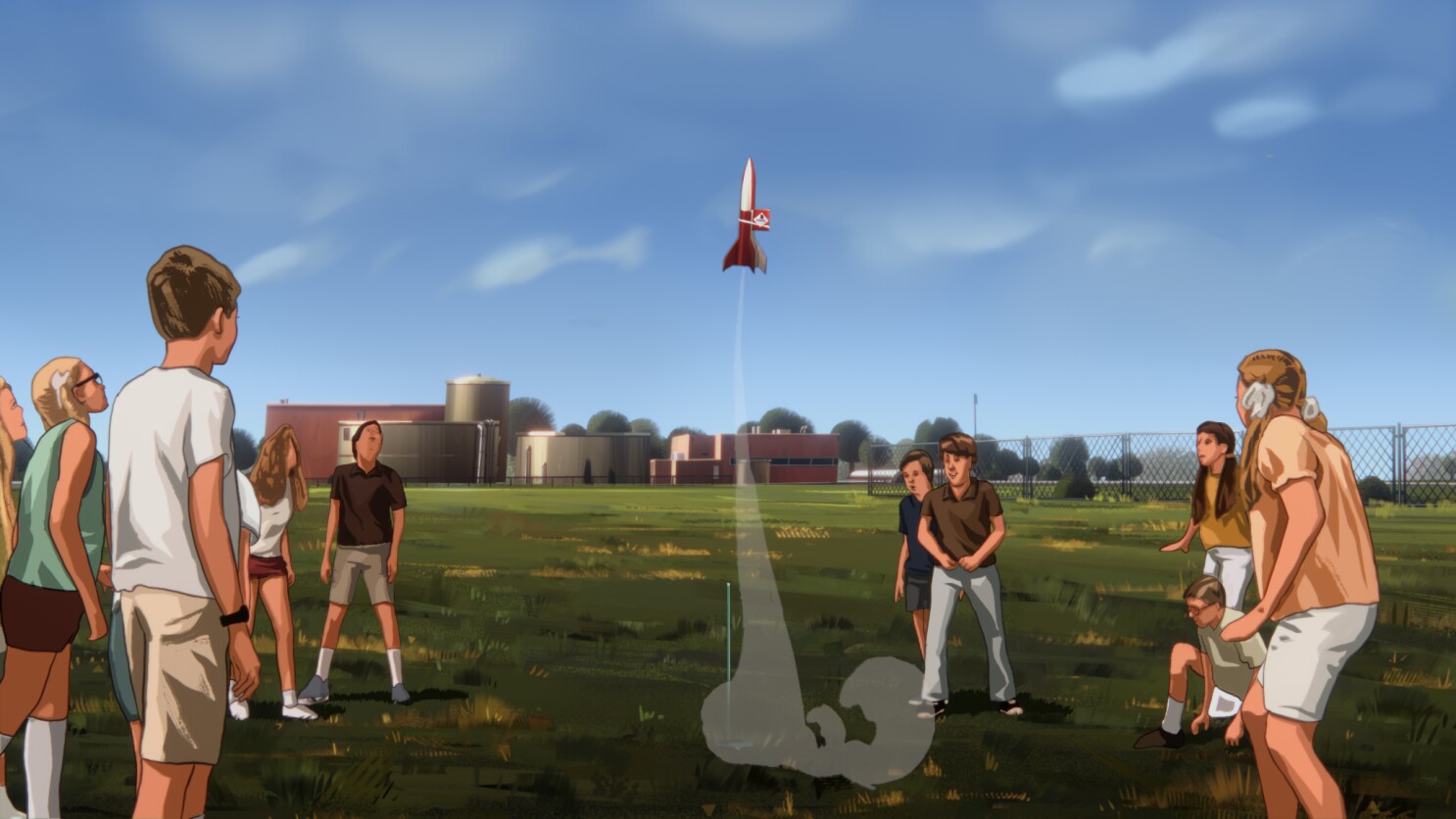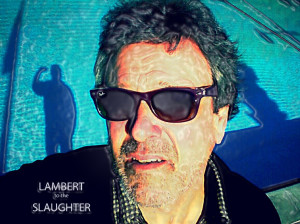
So I’m trying to remember when I stopped believing, “Crime doesn’t pay”? As a teenager, I suppose. But the question connects to why I believed it in the first place? Where did that reassuring, fanciful notion come from in the first place?
Mom and Dad? As I recall they were quite clear in their belief that the bastards were always getting away with things. The nuns at St. Joe’s Catholic School? Well, if impure thoughts about cute little Marcia with the pigtails was a crime, I knew for sure I was going to burn in eternal hell. Something in the water in rural Minnesota? Mmm, maybe. It was an awful long ways from the crimes I saw on the evening news.
This all rattled through my alleged mind while watching director Richard Linklater’s latest film, “Apollo 10 1/2” on Netflix the other night. For those unfamiliar with Linklater, I regard him as one of the most acute and compassionate observers of modern American mores working today. He’s most famous for films like, “Dazed and Confused”, the “Before Sunrise/Sunset/Midnight” trilogy with Ethan Hawke and Julie Delpy and “Boyhood”, which somehow lost out for Best Picture in 2015. (In 2022 Hollywood it would of course have to be re-titled “Identifies as Non-BinaryHood.”)
Technically, “Apollo” is a re-visit of the rotoscope animation Linklater used in his 2001 film “Waking Life”, which explored American culture via dream states. (Highly recommended.) Thematically though, “Apollo” is one of the most charming and evocative strolls any Boomer can take down through the mediums of an era that formed us far more, says I, than Mom, Dad or any nun or minister.

Set among a big, loving, idiosyncratic family in suburban Houston during the rise of NASA and the race to the moon, it is chock full of references — reminders — of where our arguably naive notions of truth, justice and the American way came from. Which is to say … from television and pop culture, far more than strict, sterile religious authority figures.

The story — built around one of the son’s/narrator’s fantasy of being sent to the moon before Apollo 11 — is basically a hang-out with the family enjoying the innocence of the era. Its like a long, carefree summer full of TV shows — “I Dream of Jeannie”, “Bewitched”, “Bonanza”, “Gunsmoke”. Pop music like “Sugar, Sugar” by The Archies, Herb Alpert’s “Whipped Cream and Other Delights”, Janis Joplin on Dick Cavett. And movies like “The Shakiest Gun in the West” (at the drive-in where half the kids are snuck in under blankets in the back of Dad’s station wagon) and “2001” (with the narrator trying to explain the ending to his glazey-eyed buddy.) And days at space-themed amusement parks like AstroWorld.
It’s a lovely little film, full of bittersweet nostalgia.
Bittersweet, because I wonder what 10 year-old now, much less any 16 year-old still believes “crime doesn’t pay” or that “the bad guys always lose in the end.”?
What sort of sensory deprivation would such a kid have to be living in to not see:
The President of the United States, defeated in a fair election, set off a riot at the Capitol and (to date) face no consequences for it?
Or the same guy on TV, lying to everyone’s face thousands of times a year, killing tens of thousands of his own voters with venality and gross incompetence, not to mention defrauding banks and insurance companies for years and avoiding any kind of day of reckoning?
Or watch greed-crazed bankers and manipulators crash a world economy without a single top executive ever going to jail?
Or a dumb kid practically their age kill a couple people with a rifle in full view of police and be acquitted by a jury of his peers?
Or, hell, a Russian sociopath unleashing genocide on a neighboring country and continuing to enjoy the fruits of two decades of outrageous kleptocracy?
The sweet summery innocence Richard Linklater shows in “Apollo 10 1/2” was of course an illusion even then.
But I can’t help but think that the illusions of Boomer youth were stronger and therefore more real than whatever lessons the kids of 2022 are taking away from what they’re watching today.

 So let me get this straight. The “yuge”, “beautiful” wall keeping out all those Mexican drugs, bad hombres and strawberry pickers is not only not going to be paid for by the Mexicans, but probably isn’t going to be built at all. Likewise, China the worst currency manipulator in the world, the bastards destroying our economy … will not be branded a currency manipulator, partly because the Chinese guy spent 10 minutes explaining how complicated this North Korea thing is.
So let me get this straight. The “yuge”, “beautiful” wall keeping out all those Mexican drugs, bad hombres and strawberry pickers is not only not going to be paid for by the Mexicans, but probably isn’t going to be built at all. Likewise, China the worst currency manipulator in the world, the bastards destroying our economy … will not be branded a currency manipulator, partly because the Chinese guy spent 10 minutes explaining how complicated this North Korea thing is.